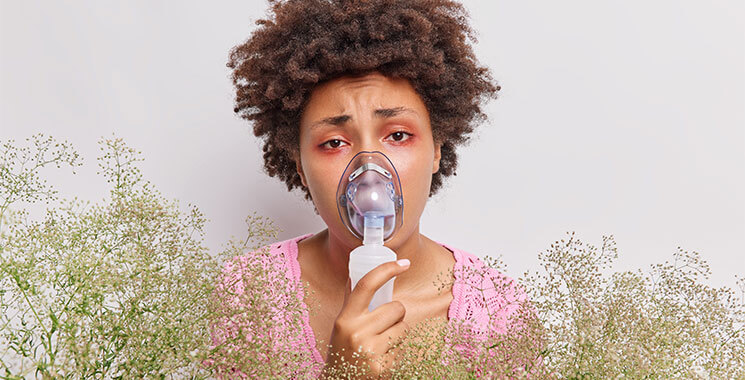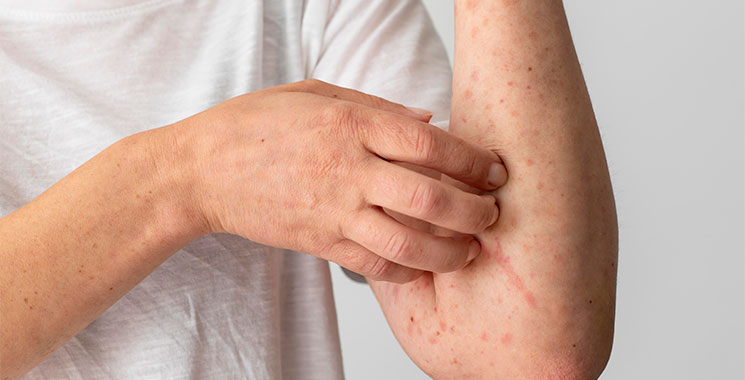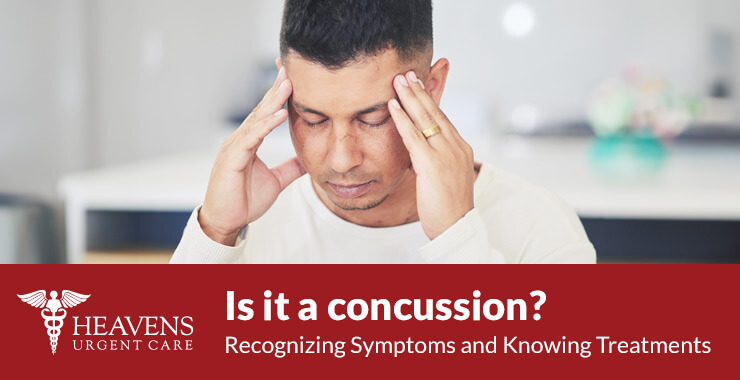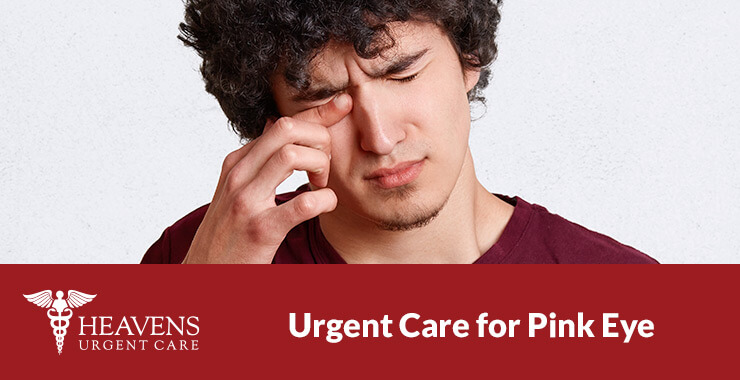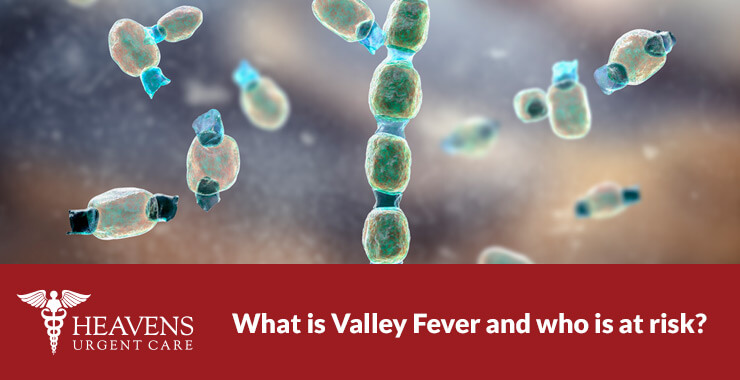Experiencing congestion, watery eyes, a runny nose, and vomiting? You could have an allergy.
Chronic allergies are a fairly common occurrence that may require a visit to our Urgent Care facilities, or in the case of anaphylaxis a trip to an emergency room or a 911 call. https://heavens.zipnosis.com/
More than 50 million people in the United States have an allergic reaction each year. They’re the sixth-leading cause of long-term illness in the United States. Source: Centers for Disease Control (CDC)
How an allergic reaction happens in your body
If you are allergic to a given allergen, your immune system misinterprets the material as a foreign invader that is trying to attack the body and it gets to work by launching a response to get rid of or kill the allergen.
Your immune system does this through the mast cells and basophils by releasing histamines and other mediators that make your body’s capillaries permeable so that the white blood cells can attack the invader.
If this is the first time your body takes on a specific allergen, your immune system responds by creating immunoglobulin E (IgE) antibodies.
These antibodies bind to those pesky allergy cells that exist in your skin, respiratory tract and the mucus membrane in the hollow organs that connect to each other from your mouth to your anus (gastrointestinal or GI tract).
Please note that there is a medical condition called a late allergic reaction.
A late allergic reaction may come after an early, or initial, allergic reaction. This late reaction generally reaches its peak six to nine hours after exposure to the allergen. A late allergic reaction happens when the mast cells continue to attract inflammatory cells, such as basophils and lymphocytes, that then cause delayed inflammation in the body or on the skin.
Let’s review the most common allergens.

FOOD
Food allergies happen when your body releases a specific antibody in response to eating a particular food. An allergic reaction often occurs within minutes of eating the food, and symptoms may be severe.
Food Allergy Symptoms
- Nausea and vomiting
- Itching all over your body
- Itching in just one certain part of your body
- Itchy welts, known as hives
- Swelling around your mouth, throat, tongue, or face
- Diarrhea
If you have a severe IgE-mediated food allergy, symptoms may also include anaphylaxis. Anaphylaxis may present as any one of the above symptoms above, or a combination of those symptoms. It usually occurs within 30 minutes of eating a food you’re allergic to.
Seek immediate medical attention for anaphylaxis by calling 911 immediately.
Most Common Food Allergies
- Eggs
- Peanuts
- Milk
- Wheat
- Tree Nuts
- Soy
- Shellfish
INHALANT
Inhalant allergies are the airborne substances that you breathe in.
Inhalant Allergy Symptoms
- Itchy, Runny Nose
- Stuffy Nose
- Itchy, Watery Eyes
- Sneezing
If you have asthma, inhalant allergies may also trigger or worsen your symptoms, including wheezing and shortness of breath.
Most Common Perennial Allergies
- Pets: These allergens include certain proteins in animal fur, skin, urine, and saliva
- Mold: These tiny fungi have spores that float in the air, like pollen
- Dust Mites: Dust mites are tiny, little, relatives of spiders. They’re so small that they are difficult to see, but can be found in the dust and they live in dust and fibers like mattresses, pillows, carpets, and upholstery
- Cockroaches: Cockroaches have proteins in their feces (poop), spit, and that can cause allergic reactions
Most Common Seasonal Allergies
Pollen is microspores found in grasses, trees, or weeds that float in the air. Tree pollens often appear in the spring, while weed pollens are typically found in the fall.
MEDICATIONS
Certain prescription, herbal, and over-the-counter (OTC) medications can cause an allergic reaction.
Most Common Medication Symptoms
- Itching
- Hives
- Swelling
- Shortness of Breath
Most Common Medication Allergies
- Antibiotics
- NSAIDs
- Insulin
- Chemotherapy Drugs

VENOMS | INSECT STINGS
Stinging insects may inject a toxic substance, known as venom, which can cause an allergic reaction.
Most Common Venom Symptoms
Consistent with anaphylaxis – again if you suspect someone is having an anaphylactic reaction, which may be life-threatening call 911 immediately.
- Breathing Difficulties
- Wheezing
- Face, Nose, and Throat Swelling
- Difficulty Swallowing
- Rapid Pulse
- Dizziness
- Drop in Blood Pressure
- Hives
Most Common Stinging Insects Allergies
- Wasps
- Hornets
- Yellow Jackets
- Bees
- Fire Ants
TREATMENT
We hear you. You want to enjoy your summer break, but living with allergies can really mess up those plans. While avoiding allergens is a good treatment approach, it often doesn’t put an end to allergic reactions.
At Heavens Urgent Care, we treat most minor allergy symptoms with antihistamines, corticosteroids, or decongestants. We may also recommend saline nasal rinses for congestion-related allergy symptoms, and corticosteroid creams for treating skin rashes related to allergies.


